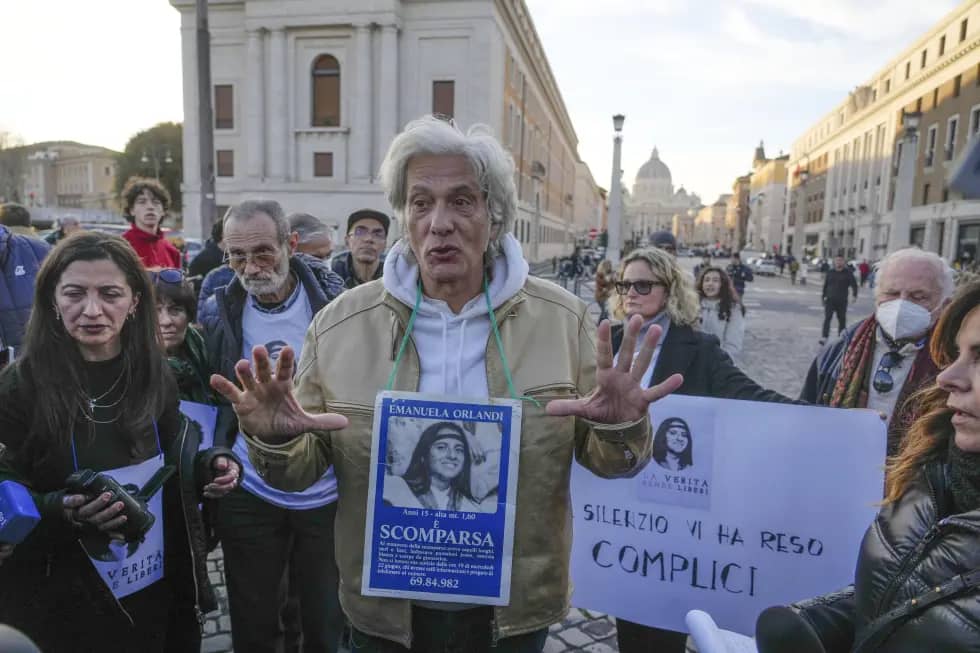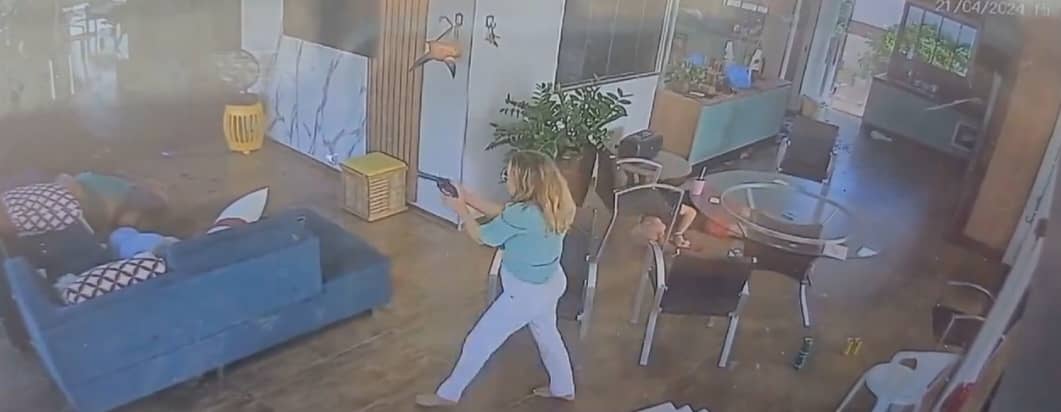ROME — Speaking about the special jubilee Year of Mercy that he launched on Dec. 8, Pope Francis is reminding Catholics that it’s designed to be lived all around the world and not exclusively in Rome.
“The [Holy] Door indicates Jesus himself who said, ‘I’m the door: if one goes through me, he [or she] will be saved’,” the pope said during his weekly general audience in St. Peter’s Square Wednesday.
“Going through the Holy Door is the sign of our faith in the Lord Jesus, who didn’t come to judge us, but to save us,” the pontiff said.
Beginning last week, an estimated 10,000 holy doors were opened in Catholic churches around the world.
The opening of these holy doors means that everyone — including refugees in Iraq, underground Catholics in China, and prisoners in the pope’s native Argentina — can receive the jubilee indulgence associated with passing through the Holy Door, something that up to the “Great Jubilee” of the year 2000 only pilgrims who traveled to Rome could do.
In Catholic jargon, these indulgences, considered “plenary indulgences,” remove temporal punishment for sins, as long as the recipient also goes to confession, receives Communion, and prays for the pope.
On Dec. 8, Francis officially inaugurated the Year of Mercy by opening a holy door at St. Peter’s Basilica. On Sunday, he opened a second door in Rome, in St. John Lateran’s Basilica.
Both heavy bronze doors, full of meaning and marked by tradition, are a contrast with many of those opened around the world over the weekend.
The first door outside of Rome was opened by the pontiff himself in the cathedral of Bangui, the capital of war-torn Central African Republic, during his visit last month.
“The Holy Year of Mercy came early to this land, a land that for many years has been suffering,” the pope said in late November. “All the suffering countries in the world that are going through the cross of war are also represented in this land.”
Despite the conflicts, at times fueled by religious extremism, many dioceses in those countries managed to open their own doors.
In Baghdad, the capital of Iraq, Bishop Jean Sleiman opened a holy door in the Cathedral of St. Joseph, surrounded by hundreds of refugees fleeing from the terrorist Islamic group ISIS.
On Saturday, Patriarch Luis Raphael Sako, head of the Chaldean Catholic Church, will open a second door in Baghdad.
The thousands of threatened Christians living in Ankawa, part of Iraq’s Kurdistan region, have a holy door in the cathedral church.
Speaking to Vatican Radio, the Rev. Behnam Benoka of Iraq said that “living mercy here seems difficult, but not impossible for a Christian. This (being persecuted) doesn’t relieve you of the responsibility of opening your hands not only to your brothers, but also toward those who persecute you.”
In war-torn Syria, at least three doors were opened: in Aleppo, Damascus, and Latakia.
The one in Aleppo was opened in the parish of St. Francis, recently struck mid-Mass by ISIS. It’s the only church still standing in the area, and one of the few left in the city.
Aleppo has been under siege for years, with the army, the rebels, and the terrorists all fighting for control, often leaving the population with no water, electricity, or fuel.
The apostolic vicar of the city, Bishop Georges Abou Khazen, said that for the Christian community still living in the city, the door represents “a defense against the evil attacking it, the protection of God.”
Several more doors were opened in refugee camps throughout the region.
Asia News reports that in China, underground Catholics also celebrated the opening of the jubilee year last weekend. Since in many underground dioceses there are no churches, Catholics gathered to reflect on the Misericordiae Vultus, the Bull of Indiction of the Holy Year.
According to the news agency, some underground dioceses are thinking of building a door in a home or in a yard.
But Francis’ decision to have holy doors in every diocese is significant not only for those suffering under war or oppression, but also “discomfort and alienation,” as he said Sunday.
For instance, a door was opened in the Church of Padre Nostro in Rome’s Rebibbia prison on the day Francis opened the jubilee. The next day, Bishop Luis Guillermo Eichhorn opened a door in a prison in Ituzaingó, Argentina.
During the ceremony, he said that “even the door of a prison cell can become a holy door when a pilgrim begs for mercy and mercy to God.”
Eichhorn’s words are a quote from the Bull of Indiction which called for the jubilee to be an opportunity “for great amnesty,” intended to include those who, despite deserving punishment, “sincerely wish to re-enter society and make their honest contribution to it.”
“The mercy of God is able to transform hearts, and is also able to transform bars into an experience of freedom,” the bull written by Francis says.
Many Catholic hospitals, too, have opened a holy door, such as the Vatican-owned Bambino Gesú Pediatric hospital in Rome, located less than a mile from St. Peter’s.
On Friday, Francis will go to a refuge for homeless people run by a Catholic charity next to Rome’s major train station to open the “Holy Door of Charity.”


















